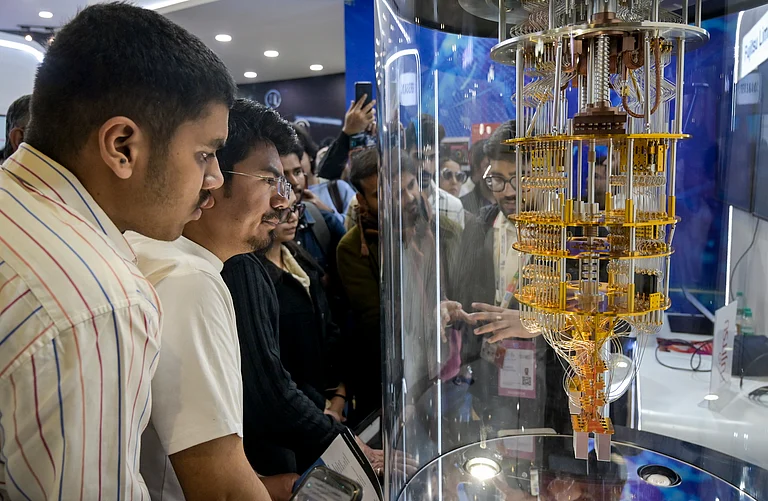A recent survey conducted by the employment website Indeed has shed light on a concerning trend in the UK job market: "ghosting" by job seekers. According to a report by Fortune, out of 1,500 UK workers surveyed, a staggering 75 per cent admitted to having ignored a prospective employer within the past year.
The behaviour is most pronounced among Gen Zers, with a whopping 93 per cent confessing to skipping out on scheduled interviews after applying for a job. Even more startling, 87 per cent of Gen Z respondents admitted to not showing up for their first day of work after being hired.
This trend of "ghosting" potential employers seems to stem from a variety of factors. Many employees, across different age groups, express fears of taking lunch breaks or vacation days for fear of termination. Millennials, in particular, worry about the negative impact of ghosting on future job opportunities, whereas Gen Zers claim they do it to assert control over their careers.
Indeed UK's head of talent intelligence, Danny Stacy, emphasises the importance of financial incentives in retaining job seekers. He suggests that transparent communication about pay, benefits, and other support systems can discourage candidates from ghosting during the hiring process.
The financial burden associated with starting a new job also plays a significant role, especially for young adults. The Prince's Trust annual NatWest Youth Index 2024 reveals that one in ten unemployed Gen Zers in the UK has rejected job offers due to expenses like wardrobe upgrades and transportation costs.
Furthermore, age bias appears to be a prevalent issue on both sides of the hiring process. The survey of 1,000 hiring managers found that 42 per cent admitted to considering age when reviewing applications. Notably, both Gen Z and senior candidates face discrimination, with 40 per cent of hiring managers admitting bias against Gen Z and 33 per cent against senior candidates.
Despite concerns expressed by hiring managers, experts argue that stereotypes about Gen Z candidates are often unfounded. While worries about their lack of experience, unprofessional attitudes, and job-hopping tendencies persist, nearly 80 per cent of hiring managers also express doubts about their reliability and work ethic.
Alarmingly, a significant portion of hiring managers with age bias against Gen Z candidates believe it's beneficial for their companies to avoid hiring them altogether, signalling a potential barrier to entry for young job seekers.



























